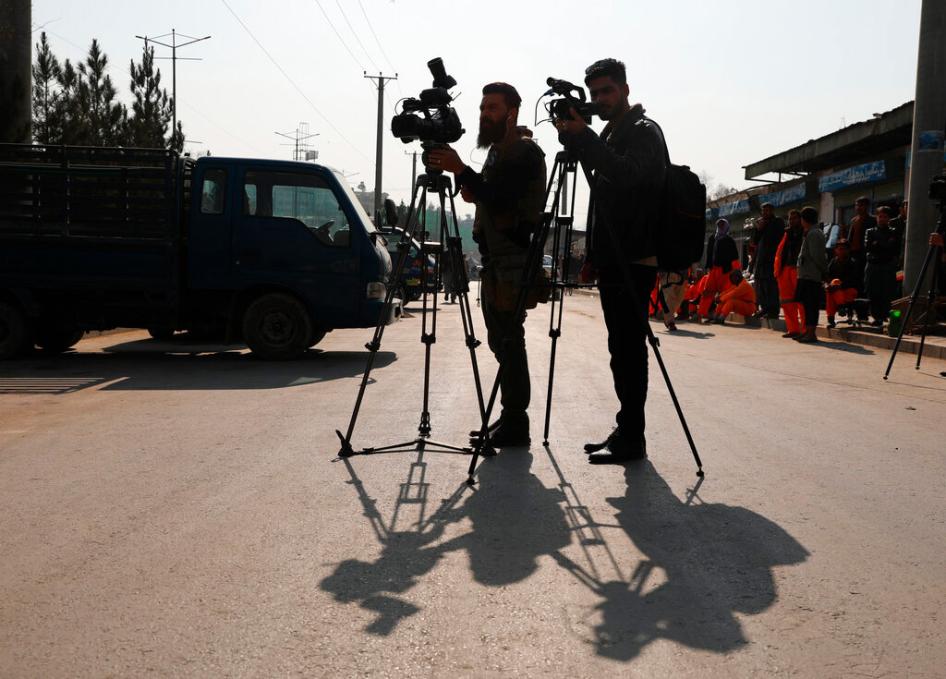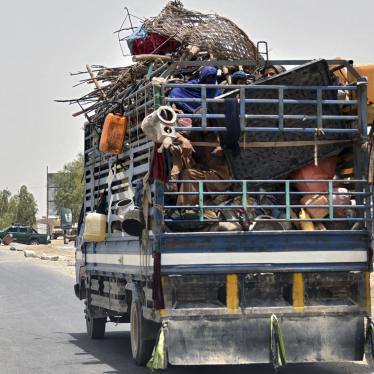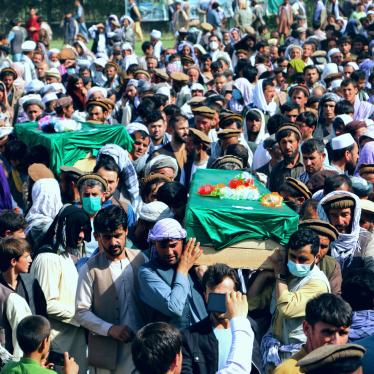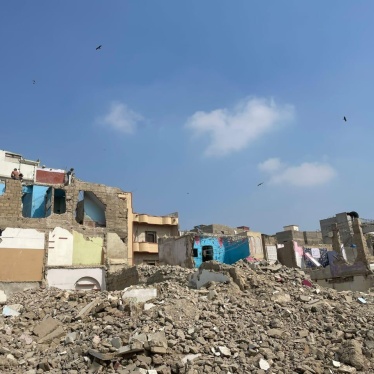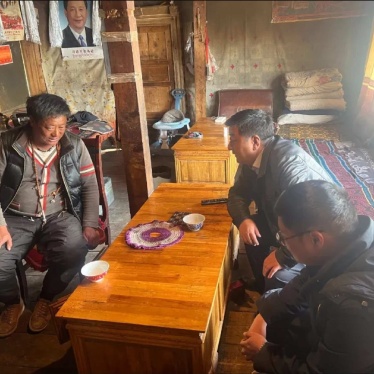The arrests this week of four journalists in Kandahar underscore rising concerns the Afghan government is trying to shield itself from media criticism. Among the many threats they face, Afghanistan’s embattled journalists should not also have to face prosecution for doing their jobs.
On July 26, four journalists – Mohib Obaidi, Sanaullah Siyam, Qudrat Sultani, and Bismillah Watandost – were arrested by the National Directorate of Security, Afghanistan’s intelligence agency, after they returned from Spin Boldak district where they had been investigating reports that the Taliban had killed civilians. The Ministry of Interior has accused the journalists of spreading enemy propaganda. Unless charged with a genuine crime, the four journalists should be released immediately.
The arrests follow growing pressure from Afghan officials to suppress critical reporting. On July 6, the government announced it was unlawful to broadcast news “against the national interest.” Government officials have also ordered the arrests of journalists reporting on civilian casualties from government operations. The enormous growth of Afghanistan’s media after 2001 has been one of the government’s most impressive achievements, but many officials would like to curb media freedom.
The Taliban have demonstrated no tolerance for the media and are believed responsible for the vast majority of recent attacks on journalists, including a campaign of targeted killings. But the government has rarely investigated attacks on journalists even when these take place in cities under government control.
These failings were highlighted in the case of Yama Siawash. Siawash was a former Tolo News TV presenter known for exposing government corruption who had reported receiving threats from officials. In mid-2020 he became a media advisor to the Central Bank. On November 7, 2020, an explosive device attached to his car detonated, killing him. Although government officials promised a thorough investigation, no details of any investigation have been made public. Earlier this month, the Siawash family called for the United Nations to investigate his killing and those of other journalists in Afghanistan.
The Afghanistan Independent Human Rights Commission, Human Rights Watch, and other organizations have called on the UN to establish a fact-finding mission to investigate rising attacks on civilians, including journalists. As the Afghan conflict escalates, all parties seem intent on silencing the country’s media.
“That’s the fear. It’s all around and you don’t know who or what is behind it,” one journalist said.

